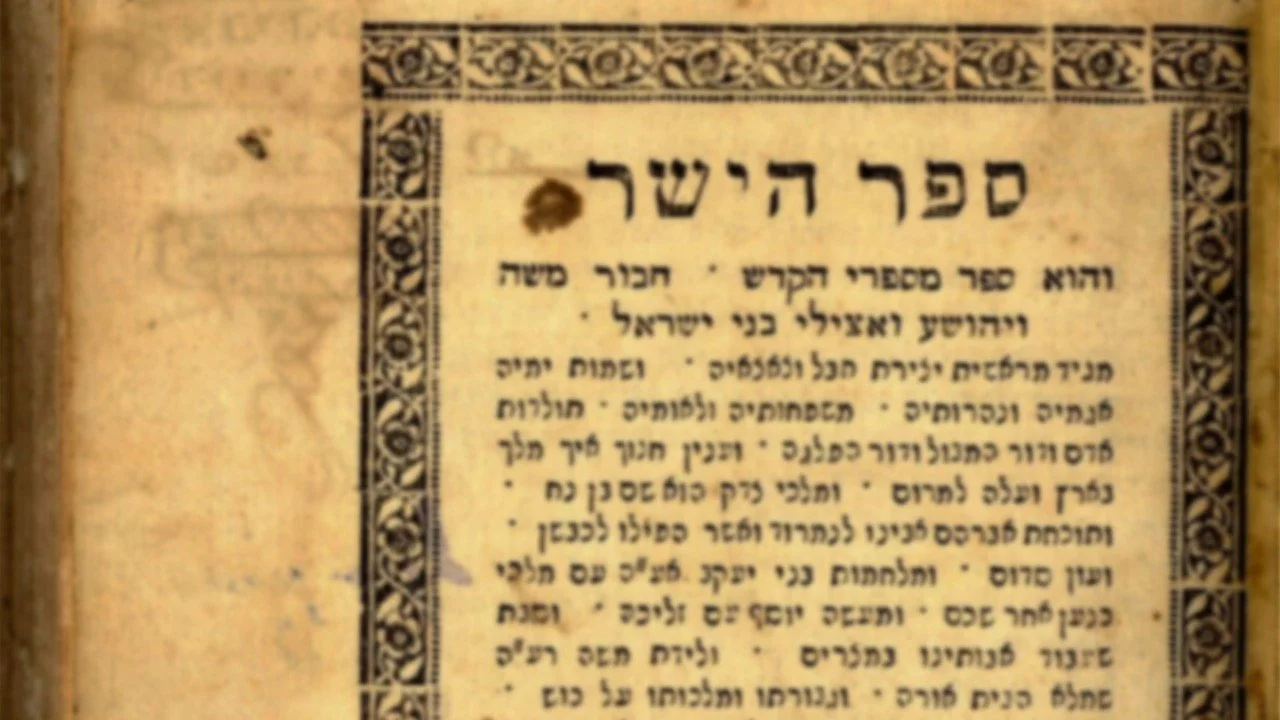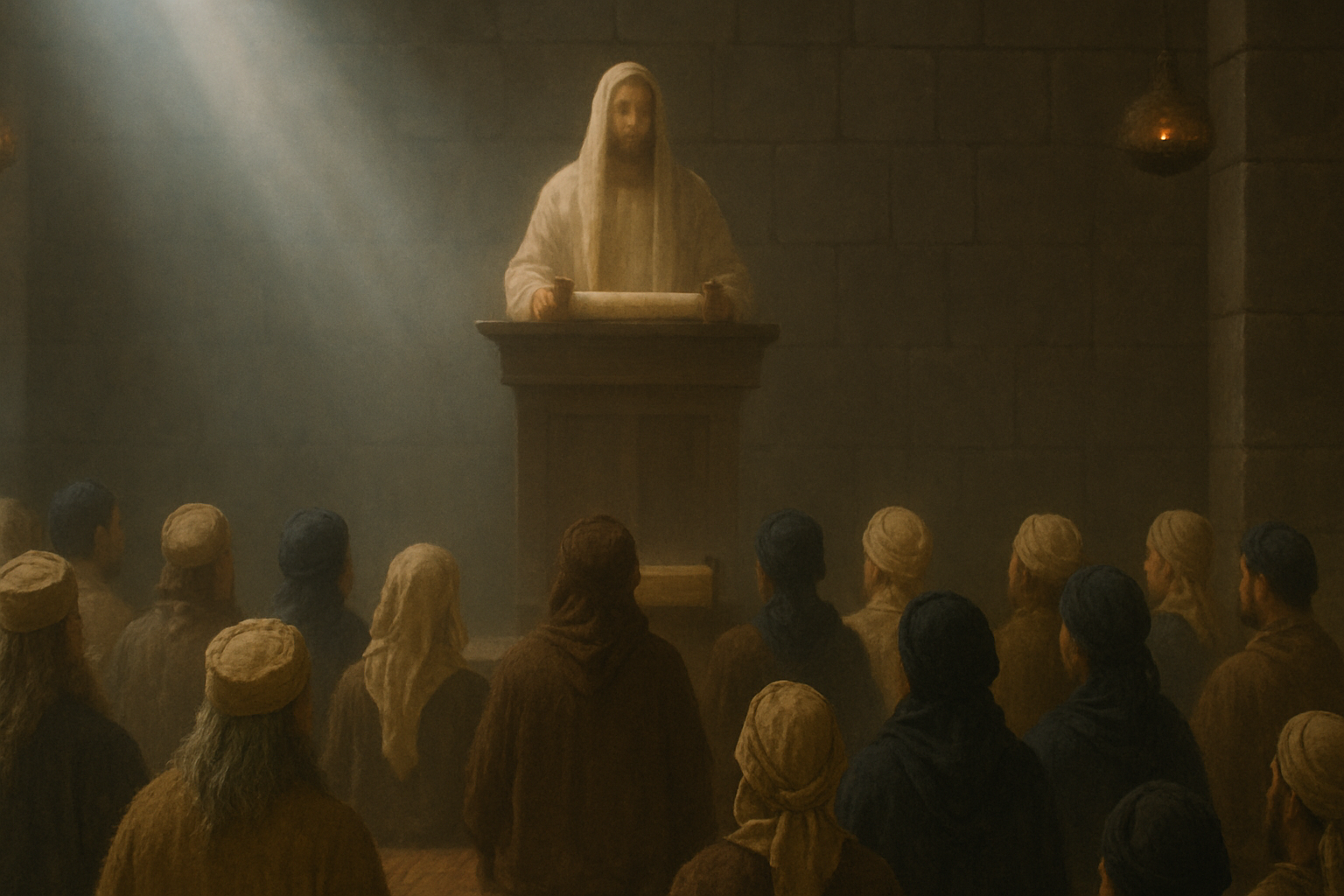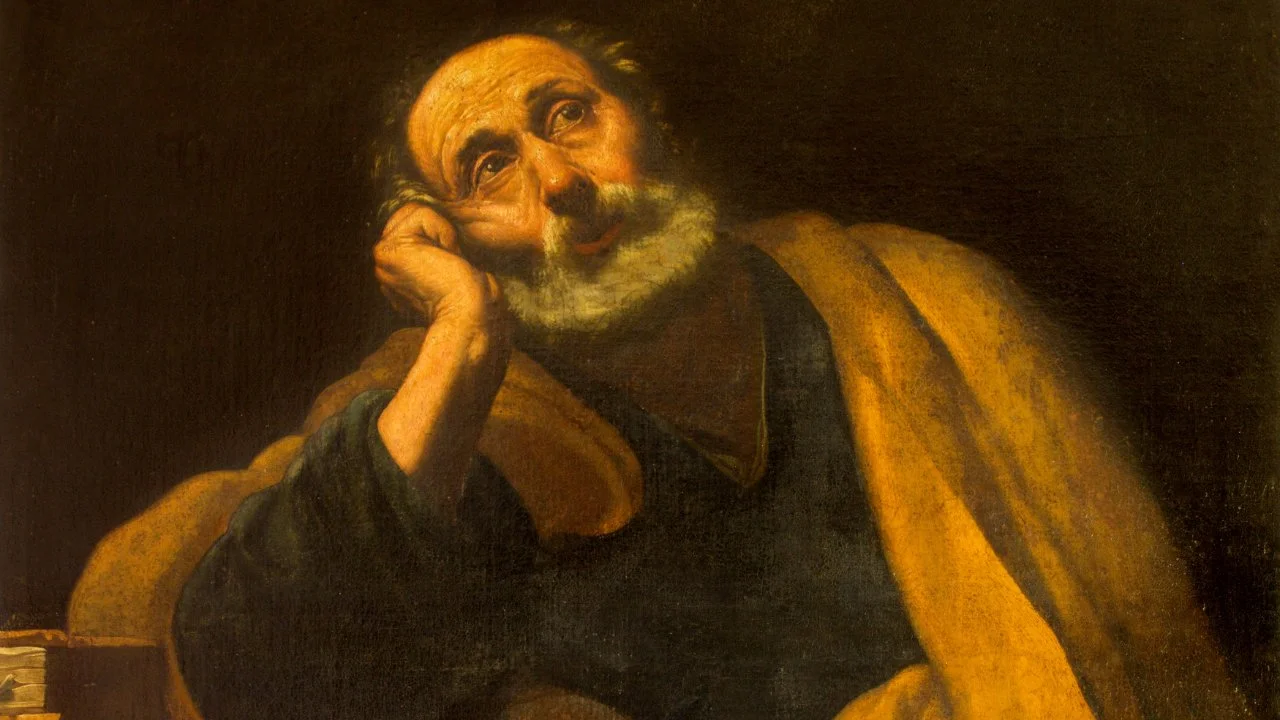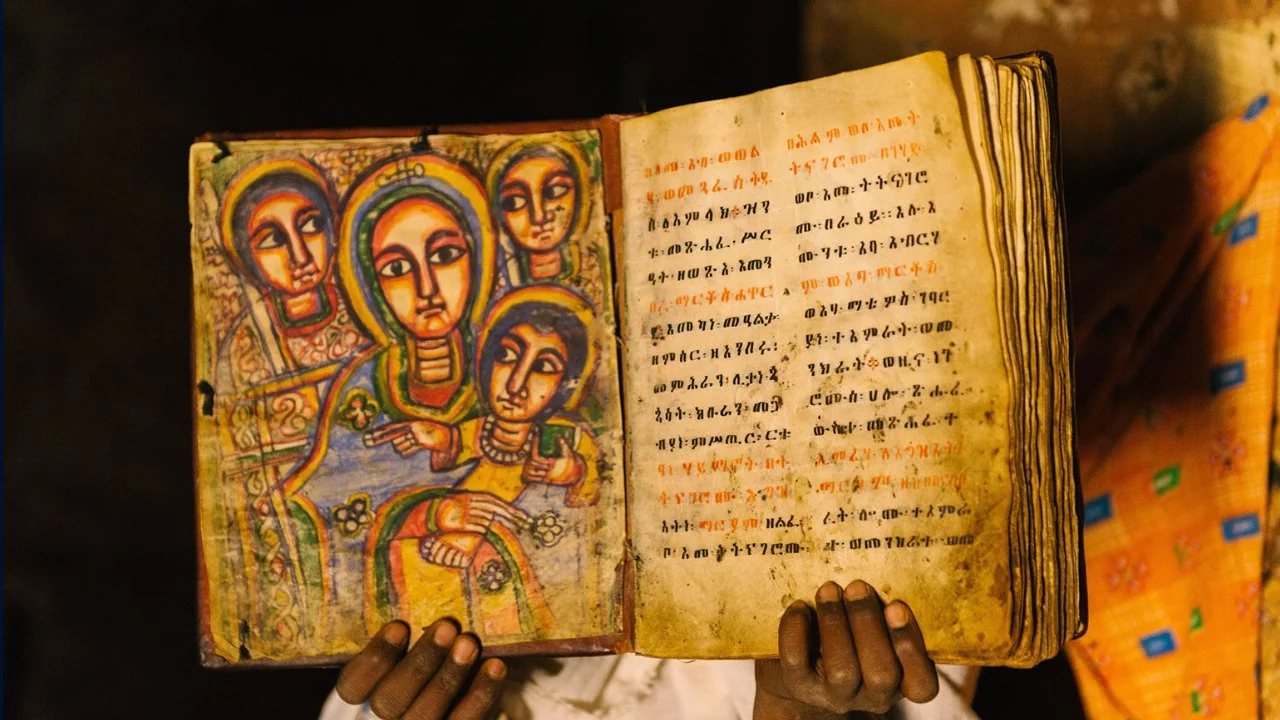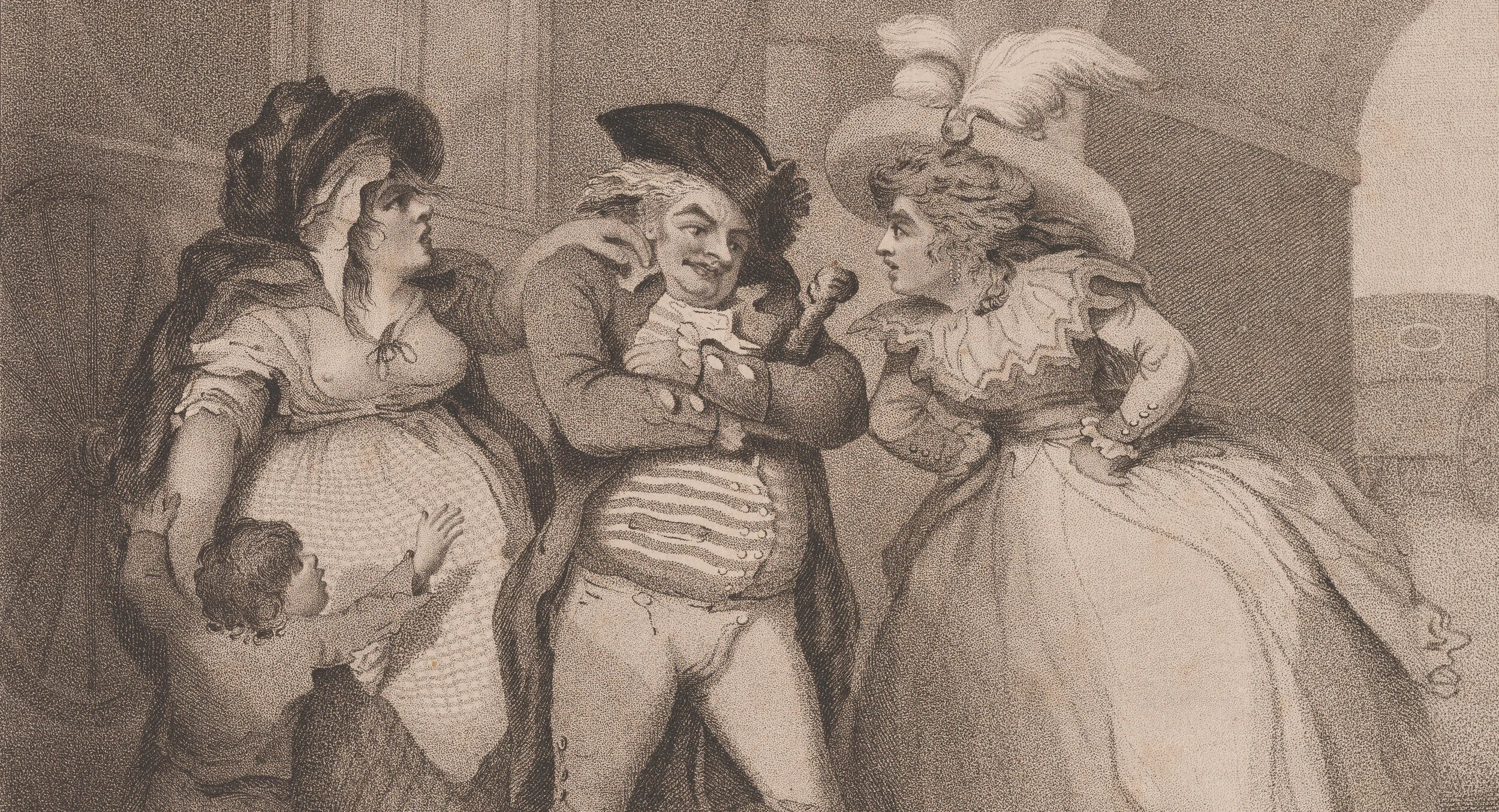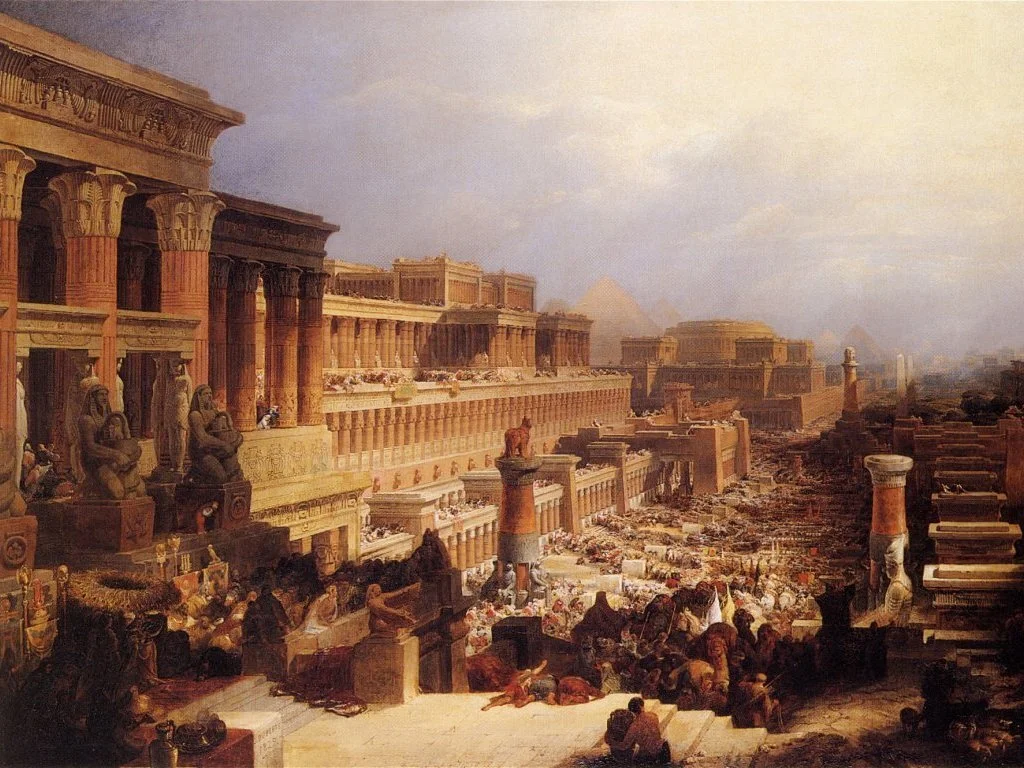Author: David Wilber
In Acts 10, God gave Peter a vision of a sheet descending from the heavens. Included in the sheet were some unclean animals. He told Peter, "What God has made clean, do not call common." Was God telling Peter that it’s now okay to eat unclean animals?
If you're a Christian who believes in keeping God’s Torah, you are likely familiar with Peter’s vision in Acts 10. It’s often the first "proof text" we're confronted with when exploring the relevance of God’s dietary instructions. Of course, that’s understandable. At first glance, it certainly does appear that God is telling Peter not to worry about certain commandments anymore. But is that really what this passage is teaching us?
In order to understand the meaning of a particular passage, it's important to read it in context. We can’t just single out verses that appear to support our beliefs and then declare that God is on our side. When it comes to Sacred Scripture, we need to make sure we are on God’s side. And when we take a closer look at Acts 10, it’s quite clear that Peter's vision is not about food at all.
The next day, as they were on their journey and approaching the city, Peter went up on the housetop about the sixth hour to pray. And he became hungry and wanted something to eat, but while they were preparing it, he fell into a trance and saw the heavens opened and something like a great sheet descending, being let down by its four corners upon the earth. In it were all kinds of animals and reptiles and birds of the air. And there came a voice to him: "Rise, Peter; kill and eat." But Peter said, "By no means, Lord; for I have never eaten anything that is common or unclean." And the voice came to him again a second time, "What God has made clean, do not call common." This happened three times, and the thing was taken up at once to heaven. (Acts 10:9-16)
First of all, it’s worth pointing out that Peter declined when God told him to "kill and eat" (verse 14). Why? Because Peter was a Jewish follower of Yeshua (Jesus). As a Jew, he kept the Sabbath, the feast days, and yes, even God's laws about not eating unclean animals. It didn’t make sense to Peter that God, who doesn’t change (Malachi 3:6), would all of a sudden tell him to disregard entire chapters out of His own Holy Word. Indeed, the text itself informs us that Peter did not understand the meaning of the vision:
Now while Peter was inwardly perplexed as to what the vision that he had seen might mean, behold, the men who were sent by Cornelius, having made inquiry for Simon’s house, stood at the gate. (Acts 10:17)
Now, perhaps Peter spent too many hours in the hot sun that day and wasn’t completely "with it." Otherwise he would have clearly understood the point we all know God was making: "Hey man, here’s a sandwich made from lizard meat. Enjoy!" Or perhaps Peter was just a stubborn legalist who couldn’t comprehend this new liberal God who changes His mind all the time. In either case, it's obvious that God's intention was to get Peter to abandon these silly old commandments and get with the times! Right?
Actually, there is another option that makes much more sense. Maybe God wasn’t telling Peter that it’s now okay to eat pigs, rats, and vultures. Maybe God was trying to teach Peter something deeper, and that’s what Peter was confused about. In his commentary on the book of Acts, Professor of Scripture Dr. Robert W. Wall says:
Peter’s failure to 'get' his vision is not the result of hardened resistance or spiritual obduracy…but reflects the sheer difficulty of deciphering the symbols of God’s message.
After Peter declined the offer to kill and eat, God said, "What God has made clean, do not call common" (verse 15). What exactly is God talking about here? God explicitly said that some animals, like pigs and shellfish, are unclean (Leviticus 11). Did that change? When Yeshua died on the cross to save and cleanse sinners, did He cleanse pigs too? If that’s the case, then why did Yeshua Himself affirm the eternal nature of the Torah (Matthew 5:17-19) if God was just going to nullify several parts of it a few years later? And after Yeshua’s Second Coming, why does God declare pigs unclean again after He allegedly made them clean at the cross? (Isaiah 66:17)
So, what does the vision mean?
Many Bible commentators understand that God was using symbolism here in order to make a point. The overall message did not apply to the symbols God used in the vision, but rather to what the symbols represented. In this case, the unclean/common animals in the vision symbolized Gentiles. The point is that God wanted Peter to take the Gospel to Cornelius.
And while Peter was pondering the vision, the Spirit said to him, "Behold, three men are looking for you. Rise and go down and accompany them without hesitation, for I have sent them." (Acts 10:19-20)
And on the following day they entered Caesarea. Cornelius was expecting them and had called together his relatives and close friends. When Peter entered, Cornelius met him and fell down at his feet and worshiped him. But Peter lifted him up, saying, "Stand up; I too am a man." And as he talked with him, he went in and found many persons gathered. And he said to them, "You yourselves know how unlawful it is for a Jew to associate with or to visit anyone of another nation, but God has shown me that I should not call any person common or unclean. So when I was sent for, I came without objection. I ask then why you sent for me." (Acts 10:24-29)
The key to understanding the meaning of the vision is in verse 28. When Peter arrived to meet Cornelius, he remembered the vision and said that God showed him something. What did he say God showed him? That we all should start serving ham sandwiches on erev shabbat? No, he said God showed him that he should not call the Gentiles unclean because God calls them clean. Jews and Gentiles alike are acceptable to God. That was the point of the vision. Therefore, we don’t have to come up with our own interpretation; Peter already interpreted the vision for us.
Before Peter’s supernatural experience in Acts 10, he thought the Gospel was only for Jews. Peter was influenced by a strong anti-Gentile attitude that existed among many of the Jews in the first century. Of course, this attitude was unbiblical and not from the heart of the Father. God has always desired a relationship with Gentiles and allowed them to follow Him (Numbers 15:15-16; Isaiah 56:3-7). He never called them unclean or common, men did. That’s why He said, "What God has made clean, do not call common."
So Peter opened his mouth and said: "Truly I understand that God shows no partiality, but in every nation anyone who fears him and does what is right is acceptable to him." (Acts 10:34-35)
So, next time someone says that Peter’s vision in Acts 10 teaches us to eat unclean animals, let them know that Peter disagrees with them.
About David Wilber
David is first and foremost a passionate follower of Yeshua the Messiah. He is also a writer, speaker, and teacher.
David’s heart is to minister to God’s people by helping them rediscover the validity and blessing of God’s Torah and help prepare them to give an answer to anyone who asks about the hope within them (1 Peter 3:15)…


